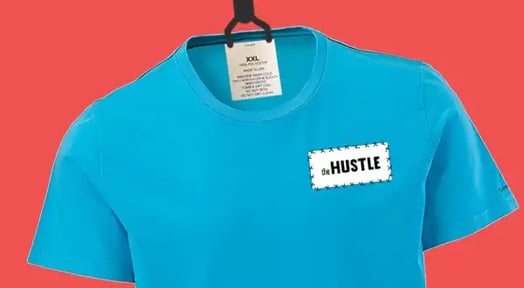SML Group, a Hong Kong-based company that makes many of the little labels that go on retail clothes, is up for sale.

And, according to Bloomberg News, a number of private equity buyers are considering buying the business for $400m to $500m. This is because the label-making biz is actually a surprisingly important — and therefore valuable — piece of the product-selling puzzle for many retailers.
So, how did the tag biz get so big?
SML launched in a warehouse office in southern China in 1985 and initially focused on woven labels for clothes.
The company entered the US in 1997, and over the next decade SML expanded to India, Central America, Southeast Asia, and Europe.
Today, the company has operations in 30 different countries and offers a wide variety of products including printed labels, RFID tags, buttons, software systems, and other label-related products.
Tags are more important than you might think
Tags and labels may just seem like another piece of packaging to consumers (who typically throw them away immediately, anyway).
But to retailers, tags can be crucial to successful sales because they can be used to more efficiently manage inventory.
Still skeptical? Some specific ways tags can boost the bottom line:
- Electronic article surveillance (EAS) capability: Prevents shoplifting
- Software integration: Prevents popular items from going out of stock
- Anti-counterfeit technology: Prevents brand damage from knockoffs
- RFID-enablement: Enables brands to manage their supply chains in real time to avoid wasting money and resources
And the label biz is only getting bigger
According to analyst reports, RFID tags alone are expected to grow from an $8.2B industry in 2018 to $17B in 2024.
